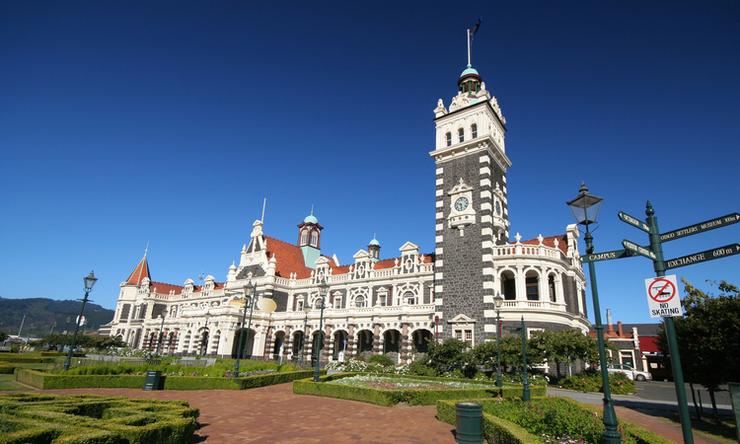
Dunedin City
Dunedin City Council (DCC) is working with Telensa as part of a contract with Broadspectrum to upgrade Dunedin’s streetlighting network.
There are approximately 15,000 high-pressure sodium streetlights on the Dunedin streetlight network.
These lights are reaching the end of their useful life and are being converted by Broadspectrum to Light Emitting Diodes (LEDs), which will be wirelessly connected and managed by Telensa’s PLANet system.
“This project shows our commitment to intelligent infrastructure and how we’re delivering a safer, more cost-effective service environment,” says Richard Saunders, group manager transport, Dunedin City Council.
He says the project with Telensa and Broadspectrum “will help create a platform to deliver smarter, more joined-up services to our residents in the future.”
This project is 85 per cent funded by the New Zealand Transport Agency and is expected to be completed within the next two years.
The Transport Agency is fast-tracking co-investment with local authorities in LED street lighting and controls.
Policy changes in 2015, means local authorities can replace existing road lights with LED and controls immediately, rather than wait until they reach the end of their useful life.
Impact on environment and cost
PLANet will give DCC control over lighting levels with the lights remotely tailored to suit each location in Dunedin.
PLANet is an end-to-end intelligent street lighting system consisting of wireless nodes to connect individual lights, a dedicated network owned by the city, and a central management application.
The system will support the LEDs in reducing energy and maintenance costs, while improving the efficiency of maintenance through automatic fault reporting, and turning streetlight poles into hubs for smart city sensors.
Will Gibson, founder and chief commercial officer at Telensa, says cities across New Zealand are increasingly adopting wireless control systems for their streetlights.
They are reaping significant environmental, cost and maintenance benefits as well as providing a platform for future smart city applications, says Gibson, in a statement.
He says the Dunedin City Council programme follows its similar projects with Whakatane and Wellington.
“With more than 1.7 million lights already connected, we are confident that working with Telensa will help us to achieve world-class lighting for the city of Dunedin,” says Domenic De Fazio, chief executive urban infrastructure at Broadspectrum.
Sign up for CIO newsletters for regular updates on CIO news, career tips, views and events. Follow CIO New Zealand on Twitter:@cio_nz
Send news tips and comments to divina_paredes@idg.co.nz @divinap
Join the CIO New Zealand group on LinkedIn. The group is open to CIOs, IT Directors, COOs, CTOs and senior IT managers.
